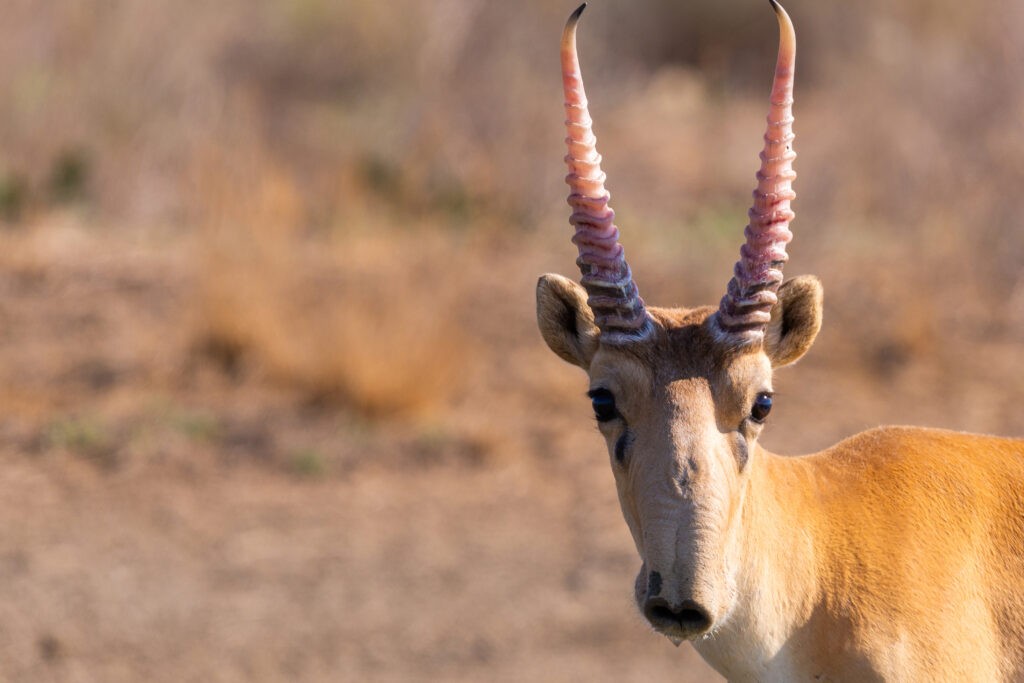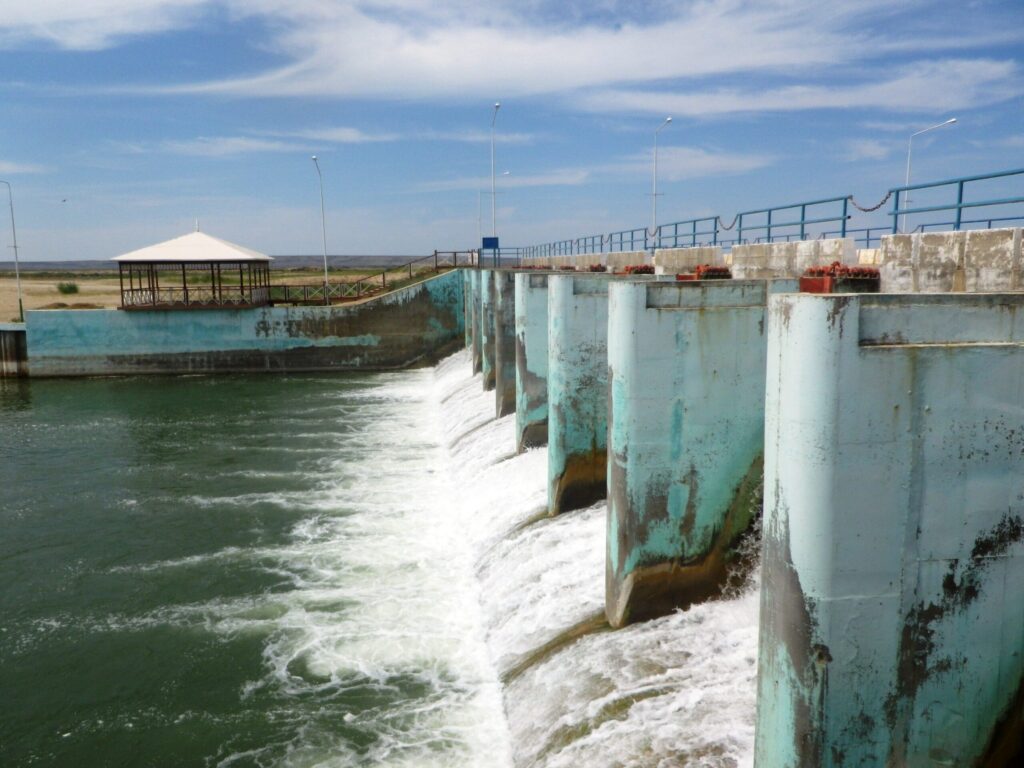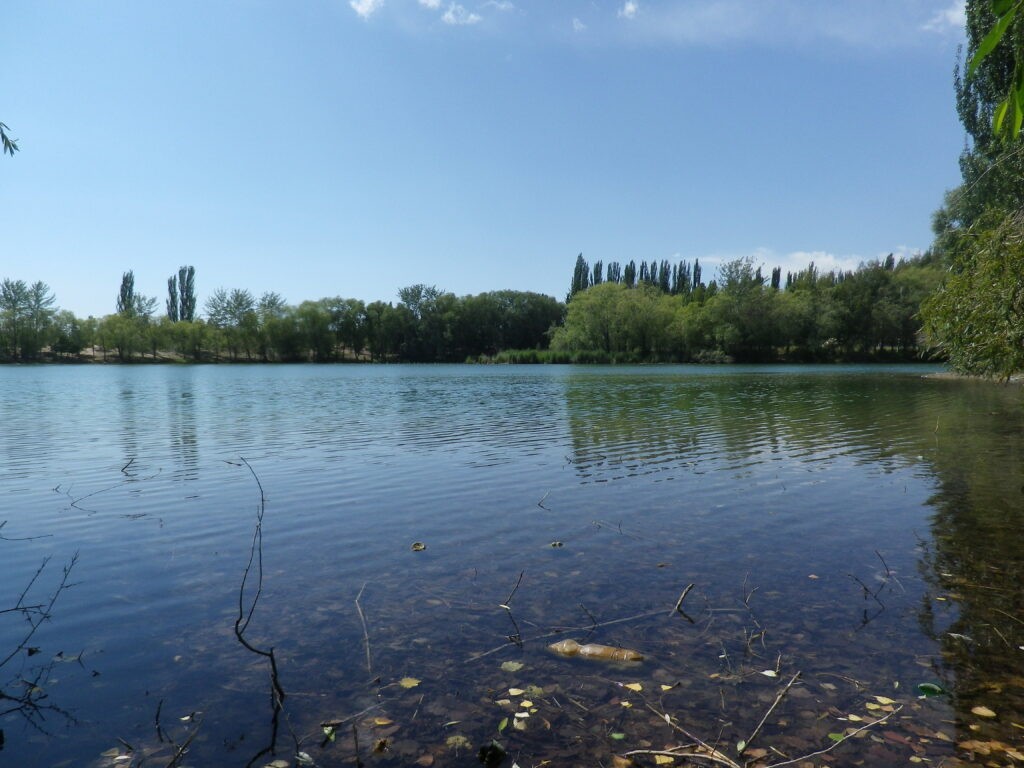458 Saiga Antelope Killed For Their Horns
A foreigner tried to take saiga horns worth 2 billion tenge from Kostanay. During a search, 916 saiga horns and about 7.5 million tenge in cash were found in the bags, the Kostanay region police department reported. Presumably, the offender caused about 2 billion tenge in damage to the state. He was arrested and placed in a temporary detention facility. On 25 December, Leonardo DiCaprio, esteemed Hollywood actor and environmentalist, brought attention to the Kazakh government success in saving the saiga population on his Instagram page. “Congrats to the government of Kazakhstan, which invested heavily in anti-poaching initiatives, robust law enforcement, and the establishment of new protected areas”. The antelope species has been reclassified from critically endangered to near threatened on the International Union for Conservation of Nature Red List of Threatened Species, with Kazakhstan population growing from 48,000 in 2005 to over 1.9 million in the wild.








